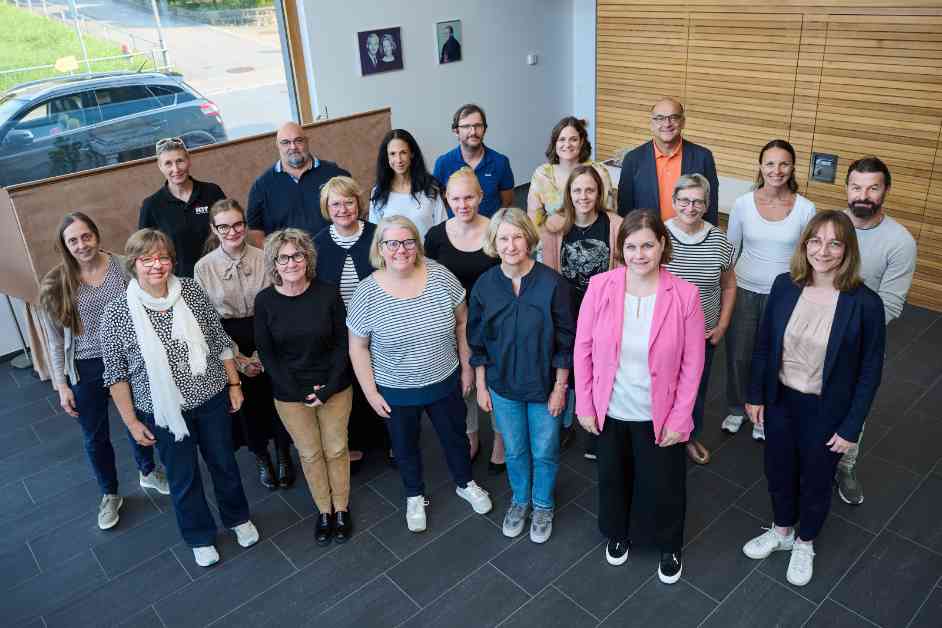Exchange of Expertise for Prevention and Combatting Violence
The Council of Europe’s Convention on Preventing and Combating Violence against Women and Domestic Violence came into force in Liechtenstein on October 1, 2021. Following this, a coordination group was formed comprising the following government agencies: the Office for Social Services, the Office for Foreign Affairs, the Foreigners and Passport Office, the National Police, and the Victim Support Center. Annually, the coordination group organizes a knowledge exchange session.
At the third meeting, 21 individuals from 17 organizations participated. The focus was on the 13 recommendations made by the Committee of the Parties of the Istanbul Convention to Liechtenstein. These recommendations were officially adopted in May 2024. During the workshops, experts were able to contribute their expertise on implementing selected recommendations. Topics included the basics of developing an action plan or strategy for preventing and combating violence against women and domestic violence, as well as the introduction of a nationwide telephone counseling service for victims of violence. The experts were able to define key starting points at the exchange meeting that would contribute to the implementation of the Istanbul Convention recommendations.
Collaborative Efforts to Tackle Violence
The exchange of expertise among different organizations and agencies is crucial in the fight against violence, particularly violence against women and domestic violence. By bringing together professionals from various sectors, such as social services, law enforcement, and victim support, a comprehensive approach can be developed to address the root causes of violence and provide effective support to victims. Collaborative efforts like the coordination group in Liechtenstein are essential in creating a united front against violence and promoting a safer society for all.
Moreover, the involvement of multiple stakeholders in the prevention and combatting of violence ensures a holistic and coordinated response to the issue. Each organization brings its unique perspective and resources to the table, contributing to a more robust and sustainable approach to tackling violence. By sharing knowledge and best practices, these stakeholders can learn from each other and enhance their strategies for intervention and prevention.
Empowering Victims and Creating Change
One of the key goals of the Istanbul Convention and similar initiatives is to empower victims of violence and provide them with the necessary support to break the cycle of abuse. By establishing services like a nationwide telephone counseling service, victims have access to immediate assistance and guidance in times of crisis. This type of support can be life-saving for individuals who are experiencing violence in their homes or relationships.
Furthermore, the implementation of action plans and strategies for preventing and combating violence sends a strong message that violence is not tolerated in society. By taking concrete steps to address the issue, governments and organizations demonstrate their commitment to creating a safer and more inclusive community for all individuals. These efforts can also lead to long-term cultural change by challenging harmful beliefs and attitudes that perpetuate violence.
In conclusion, the exchange of expertise for the prevention and combatting of violence is a vital component of creating a safer and more equitable society. By bringing together professionals from diverse backgrounds and disciplines, collaborative efforts can lead to more effective strategies for intervention and support for victims. Initiatives like the coordination group in Liechtenstein demonstrate the importance of working together to address the root causes of violence and promote positive change in our communities.







![EuroDreams (FDJ) Result: Draw of Thursday, November 28, 2024 [Online] news-29112024-173727](https://shanghainewstv.com/wp-content/uploads/2024/11/news-29112024-173727-218x150.jpg)









